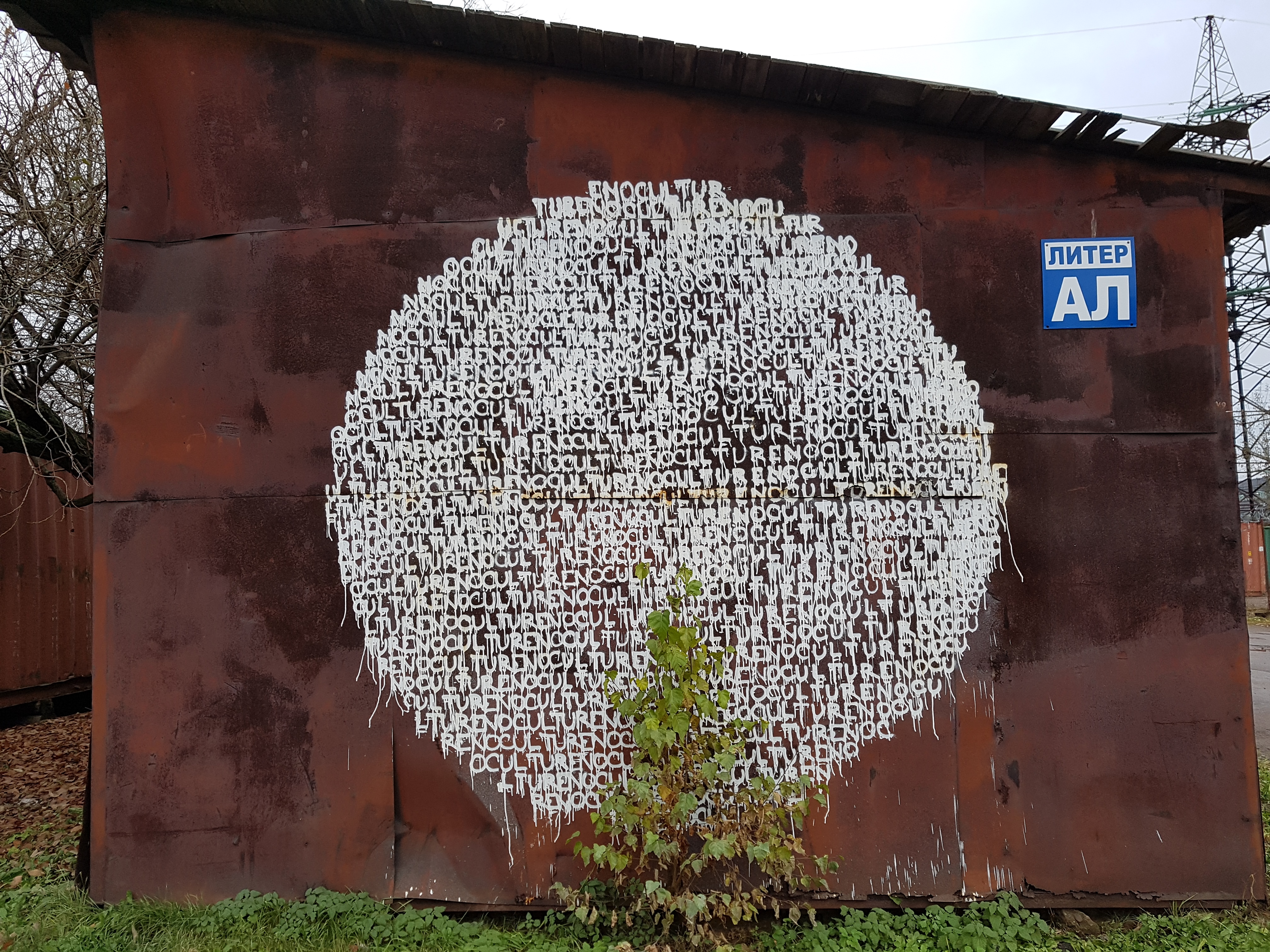
99 years ago, in a small city on the Caucasus’ slope, was born Aleksandr Solzhenitsyn.
He is today remembered by most people for being one of the five Russian writers to receive the Nobel Prize in Literature. He was, however, much more than that.
Aleksandr Isayevich Solzhenitsyn was born December 11th 1918. His mother Taisiya lost her husband three months after she got pregnant in a hunting accident. The plots of land he owned were expropriated by the Soviet regime (which also arrested Taisiya’s father, who supposedly died during imprisonment), therefore they had to endure poverty. She fought tooth and nail to ensure her child a future, living in a 9-square-meters apartment, working overtime to help pay for his studies – which had to be done in Rostov, and not in Moscow, where he would have liked to go. And which he could not complete, because, by then, the Second World War started. He voluntarily joined the army, boldly asked to be transferred in order to complete the Officer Training – he was being spared for his poor health. As a soldier, he valiantly fought and became captain, but in the meanwhile he expressed some doubts about the regime he had always supported and about Stalin in a private letter to a friend. Solzhenitsyn was arrested and sentenced to eight years in a labour camp and subsequent perpetual internal exile. He survived it, all of it – included the cancer he had removed in the meanwhile, the 1971 KGB-attempted assassination, and the expulsion from the Soviet Union in 1974. He outlived all of it, included the Soviet Union he so strongly condemned in his thoughts and works, and in 1994 was able to return to Russia, where he died on August 3rd, 2008.
His works, as it often happens with great, tormented writers, trace the course of his life. “One day in the life of Ivan Denisovich” (1962) is the first testament published in Russia of the Stalinist repression. It describes an ordinary day of an unordinary life, such as it was for a prisoner in a labour camp. Its impact on the Soviet Union was such, that it is considered the first step toward the dissolution of USSR. This first testament was followed by the omni-comprehensive “The Gulag Archipelago” (1973), a three-volume book now compulsory in Russians high schools, the author’s personal deposition about what he saw and what he was told by his companions. “Cancer Ward” (1966) and “August 1914” (1971), respectively a consideration about the Soviet regime and a semi-historical war novel, are two other great works you have to read, if you want to get to know this master of the literature of the 20th century.
All this, and much more, was Aleksandr Solzhenitsyn. An outstanding man. Worth the two minutes we need to devote a thought to him, and wish him a happy birthday!
Read also: A Short Biography of Fyodor Dostoevsky
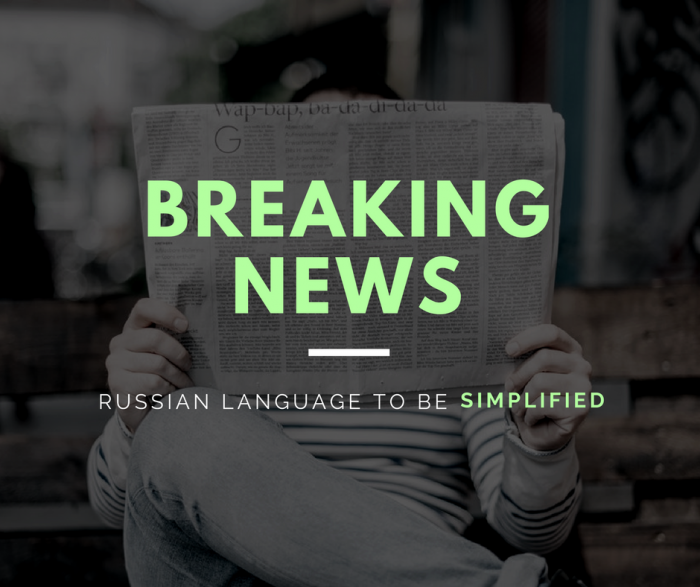
Students will be happy to learn that the Russian Government has today announced plans to make Russian language easier in an effort to simplify greater international engagement. …

In a previous post, we revealed that Russians don't really say “na zdarovje” when they toast. While the phrase has been popularised in English language media – and a lot of Russians will nod politely and clink glasses with you if you use it – it’s not something a native speaker would ever…
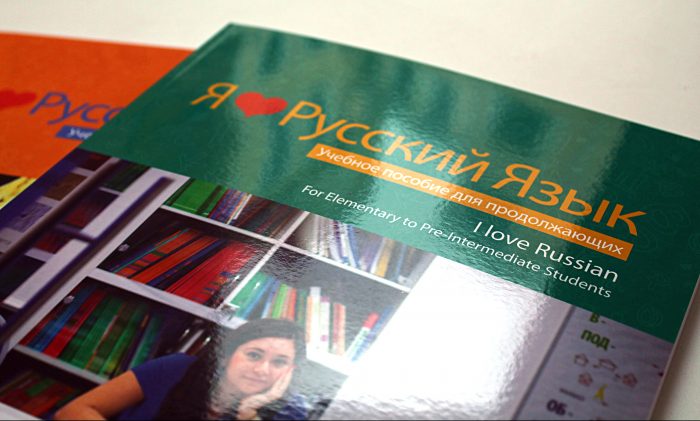
Improve your Russian while working as an expat? Mission possible! …
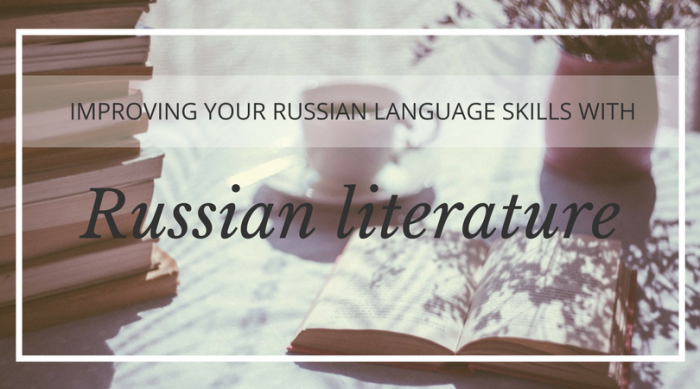
What could be a better way for Russian immersion than reading, especially when you read the books that you find interesting and that can give you a better idea of the culture of Russia? Co-founder of Liden & Denz, Walter Denz shares his experience on how reading Russian literature can improve your…
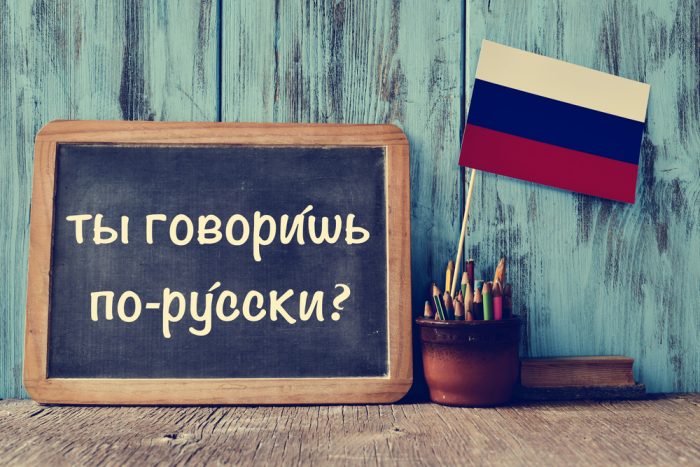
Learning a language is hard. Keeping it when you don't have classes is even harder. So this article is not about how to learn Russian, but how to maintain your Russian. …
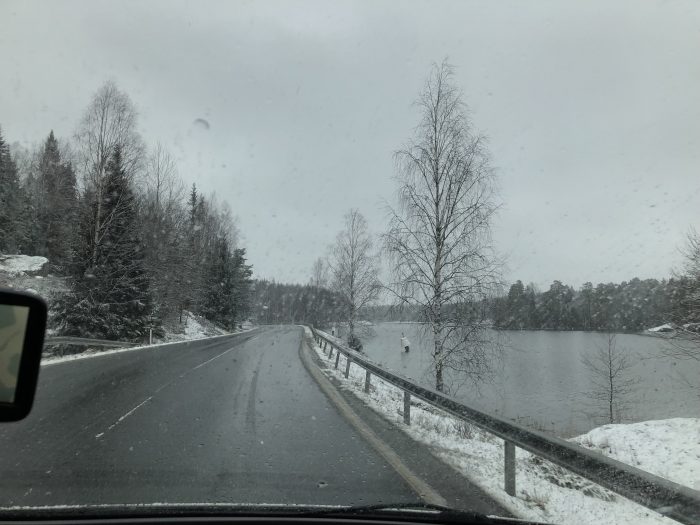
I love Russia. I have been living in St. Petersburg for almost two months, and after travelling all around the world it feels like I have finally found a place where I would see myself settling down. The inexorable beauty of the streets, the architecture, the importance of art and culture, the water…

Oh, the Russians! I was recently watching the last season of Stranger Things and, to my surprise, Russians are quite present there. For those of you who might not be familiar with the TV series, it is set on an American town during the 80s. And what do we recall from those times? The unique fashion…
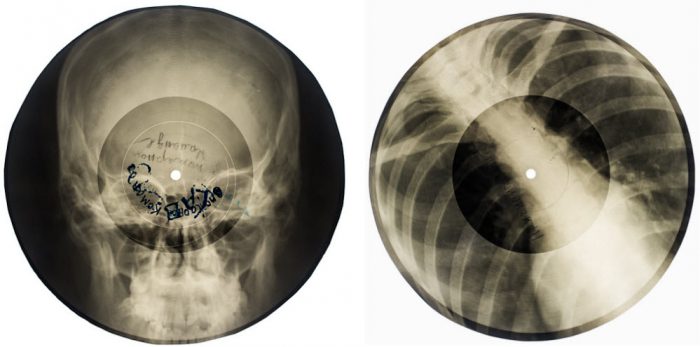
In an attempt to improve my Russian skills, I decided to start watching a TV series in Russian. After thorough research, the result of which you can read on my post about how to learn Russian with Netflix, I decided I would start watching Fartsa. I am no sure of how much Russian I am learning thanks…